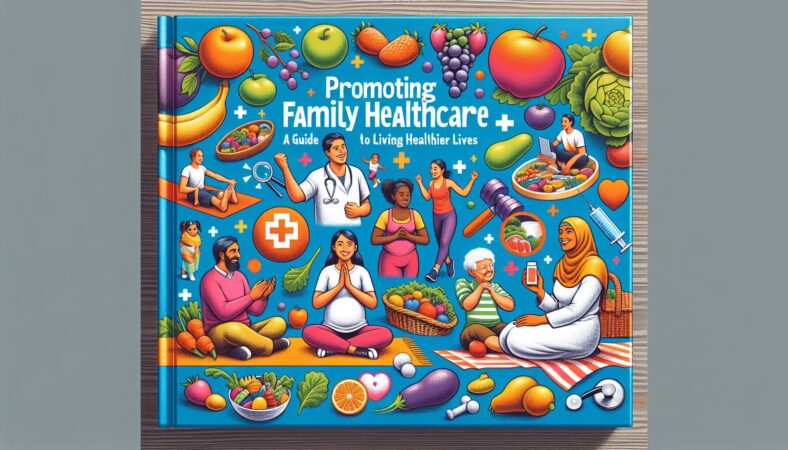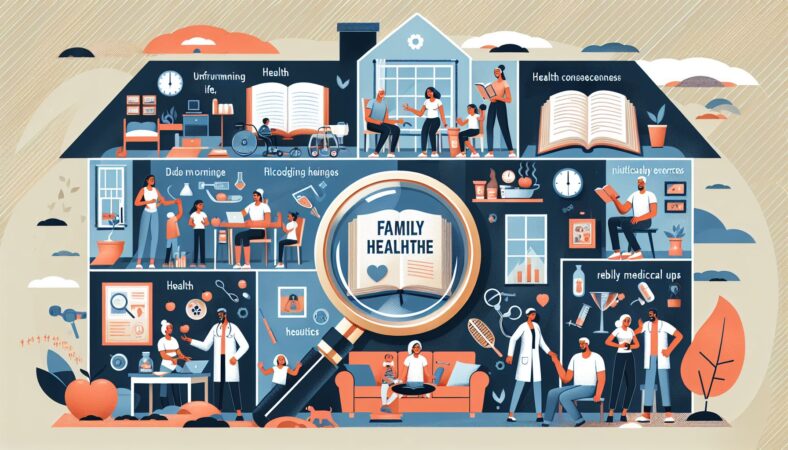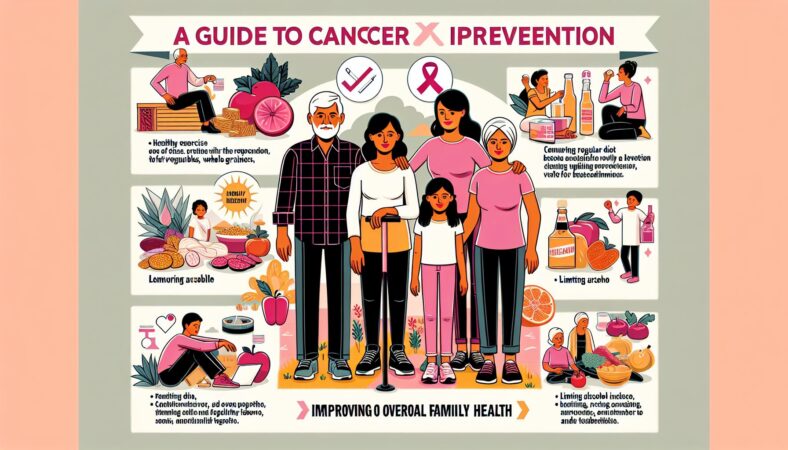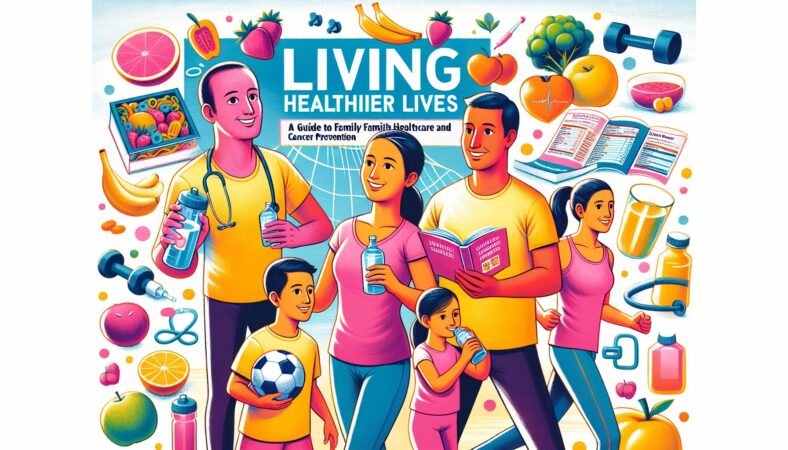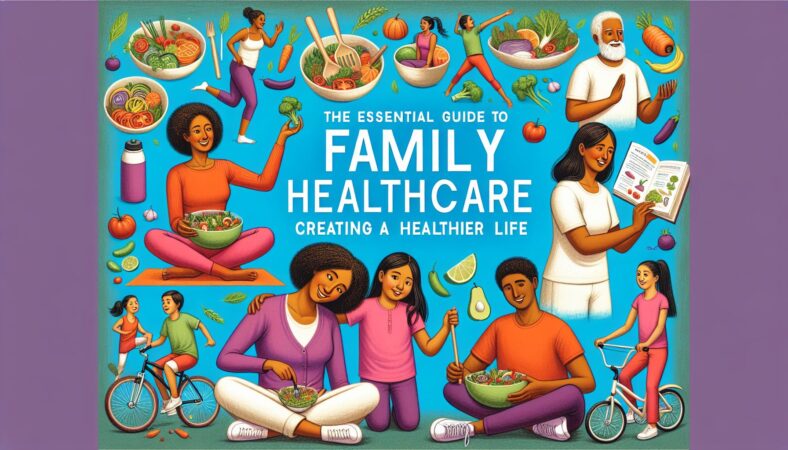As parents, it is our responsibility to ensure the health and well-being of our families. From regular check-ups to maintaining a healthy lifestyle, there are many ways we can promote family healthcare and prevent common diseases, such as cancer. In this guide, we will explore the importance of family healthcare and provide practical tips for living healthier lives.
Importance of Family Healthcare
Family healthcare is crucial for several reasons. Firstly, regular check-ups and preventive screenings can help detect any potential health issues early on, allowing for timely intervention and treatment. This is especially important for children, as early detection of developmental or growth-related issues can lead to better outcomes in the long run.
Furthermore, promoting family healthcare can help foster a culture of health and well-being within the family unit. By prioritizing healthy habits such as regular exercise, balanced nutrition, and adequate sleep, we can set a positive example for our children and instill lifelong habits that promote overall health.
Preventing Cancer
One of the most common and devastating diseases that can affect families is cancer. While not all cancers are preventable, there are several lifestyle changes and preventive measures that can reduce the risk of developing certain types of cancer. Here are some tips for cancer prevention that families can incorporate into their daily lives:
-
Maintain a Healthy Diet: Consuming a diet rich in fruits, vegetables, whole grains, and lean proteins can help reduce the risk of certain types of cancer. Limiting processed foods high in sugar, salt, and unhealthy fats is also recommended.
-
Stay Active: Regular physical activity has been shown to reduce the risk of many types of cancer, including breast, colon, and lung cancer. Aim for at least 150 minutes of moderate exercise per week, such as brisk walking, cycling, or swimming.
-
Avoid Tobacco and Limit Alcohol Consumption: Smoking and excessive alcohol consumption are major risk factors for cancer. By quitting smoking and moderating alcohol intake, families can significantly reduce their risk of developing cancer.
-
Protect Against Sun Exposure: Skin cancer is one of the most common types of cancer, but it is also one of the most preventable. Make sure to use sunscreen, wear protective clothing, and seek shade when outdoors to reduce the risk of skin cancer.
-
Stay Up to Date on Screenings: Regular screenings for breast, cervical, prostate, and colon cancer can help detect these diseases early when they are most treatable. Talk to your healthcare provider about recommended screening schedules based on your family’s medical history.
Practical Tips for Living Healthier Lives
In addition to cancer prevention, there are several other ways families can promote overall health and well-being. Here are some practical tips for living healthier lives as a family:
-
Schedule Regular Check-Ups: Make sure every family member sees their healthcare provider for regular check-ups and preventive screenings. This can help catch any potential health issues early on and ensure everyone is on track for optimal health.
-
Encourage Physical Activity: Make exercise a priority for the whole family by scheduling regular fitness activities such as family walks, bike rides, or sports games. This not only promotes physical health but also strengthens family bonds.
-
Eat Meals Together: Family meals are a great opportunity to bond and promote healthy eating habits. Cook meals together using fresh, whole ingredients and prioritize sitting down together to eat without distractions.
-
Limit Screen Time: Excessive screen time, whether from TV, computers, or smartphones, can contribute to a sedentary lifestyle and poor health habits. Set limits on screen time for both children and adults to encourage more active pursuits.
-
Practice Mindfulness: Stress can have a negative impact on both physical and mental health. Encourage mindfulness practices such as meditation, deep breathing, or yoga to help manage stress and promote overall well-being.
Conclusion
Promoting family healthcare and living healthier lives requires a proactive and holistic approach. By incorporating cancer prevention strategies, such as maintaining a healthy diet, staying active, and avoiding tobacco, families can reduce their risk of developing certain types of cancer. Additionally, by scheduling regular check-ups, encouraging physical activity, and practicing mindfulness, families can promote overall health and well-being for all members. Ultimately, by prioritizing family healthcare, we can create a foundation for a lifetime of health and happiness.
